-
-
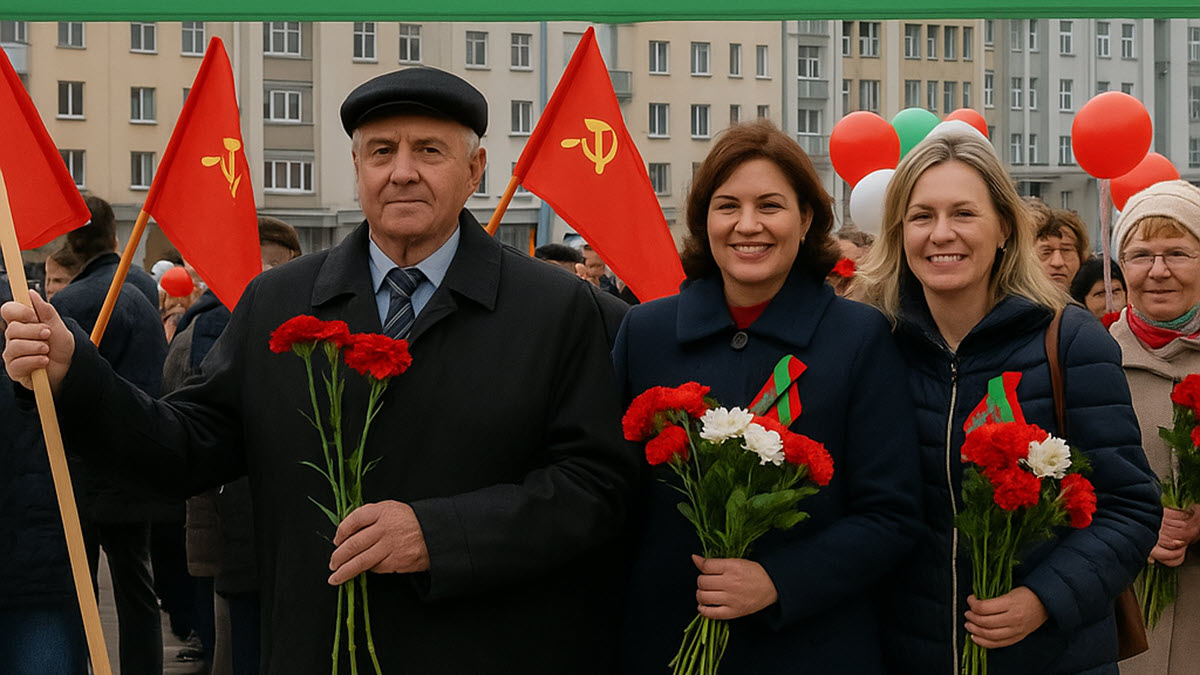
October Revolution Day (Belarus)
October Revolution Day in Belarus commemorates the Bolshevik Revolution of 1917, which led to the establishment of Soviet power and the creation of the former USSR. Once one of the most significant holidays in the Soviet calendar, it remains a public holiday in Belarus, symbolizing historical continuity and respect for those who contributed to the country’s social and industrial development.
-

Veterans Day in USA
Veterans Day is a federal holiday dedicated to honoring and expressing gratitude to military veterans, who are individuals who have served in the United States Armed Forces. Veterans Day is distinct from Memorial Day, another U.S. federal holiday in May, which specifically honors those who died while serving in the military.
-
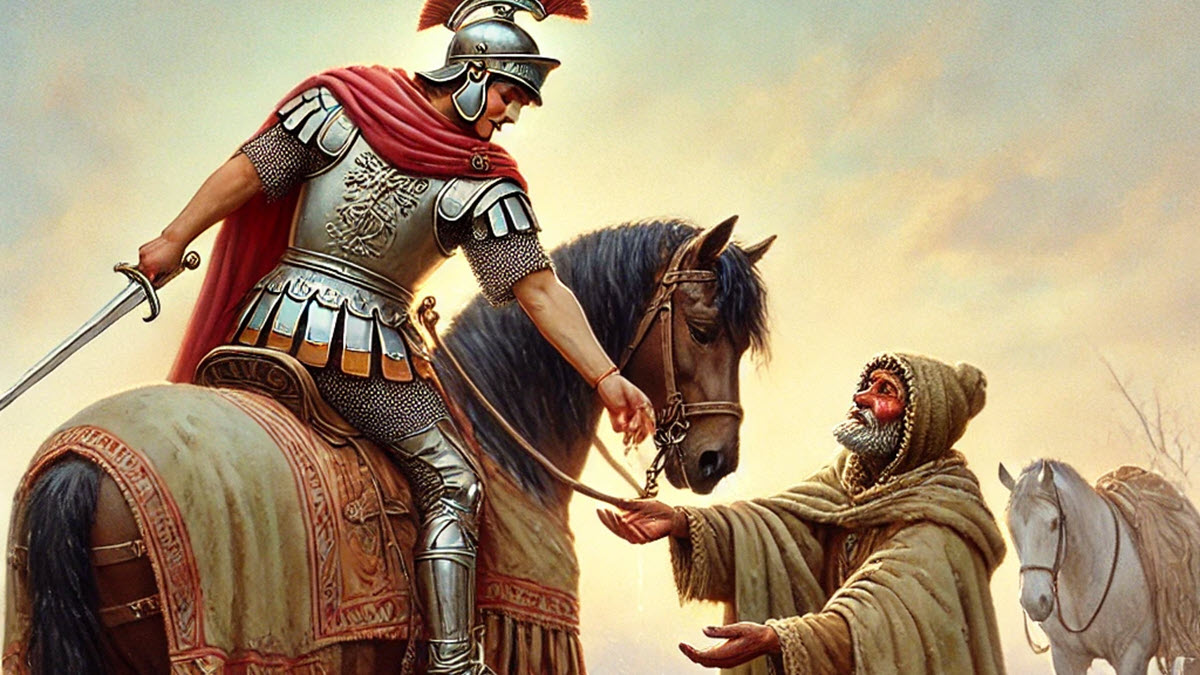
St. Martin's Day
St. Martin's Day, also known as Martinmas, is celebrated on November 11 in honor of St. Martin of Tours, a 4th-century bishop and one of Christianity's most revered saints. It is widely observed in Europe and some parts of the world with a mix of religious and cultural traditions.
-
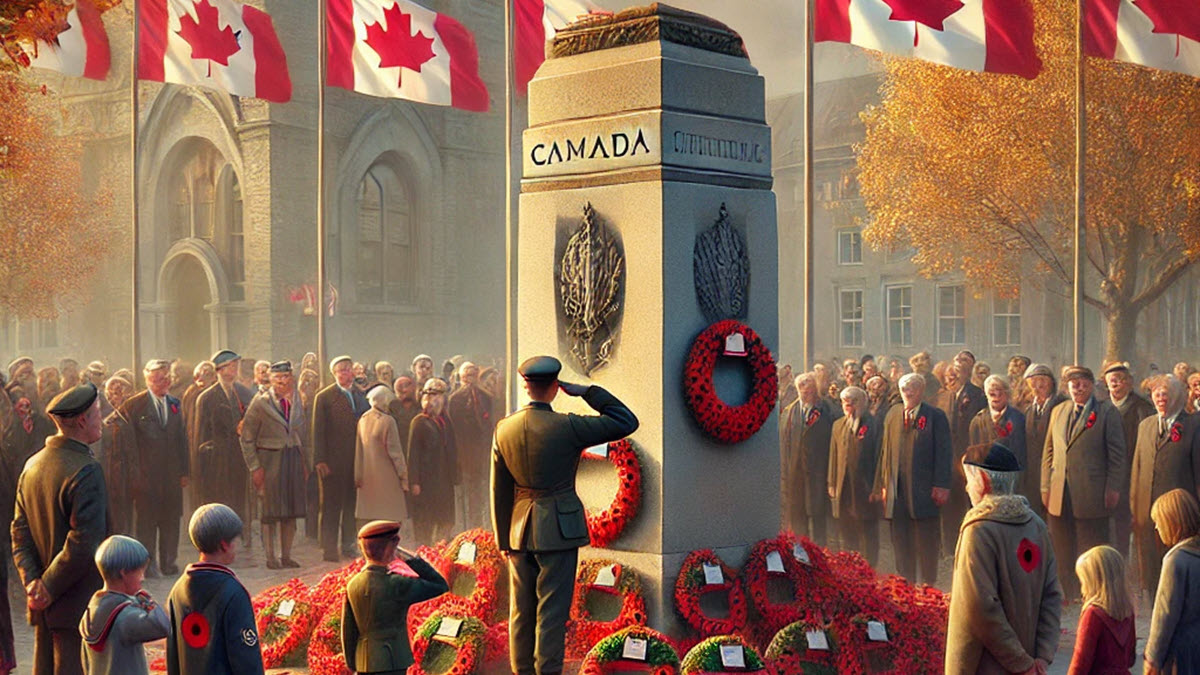
Remembrance Day in Canada
Remembrance Day in Canada is to honor the members of the armed forces who served and sacrificed in wars, conflicts, and peacekeeping missions. The day commemorates the end of World War I, which formally concluded with the signing of the Armistice on November 11, 1918, at 11:00 AM.
-

Armistice Day in France
Armistice Day commemorates the end of World War I and honors all soldiers who died for France, not only in World War I but in all wars.
-
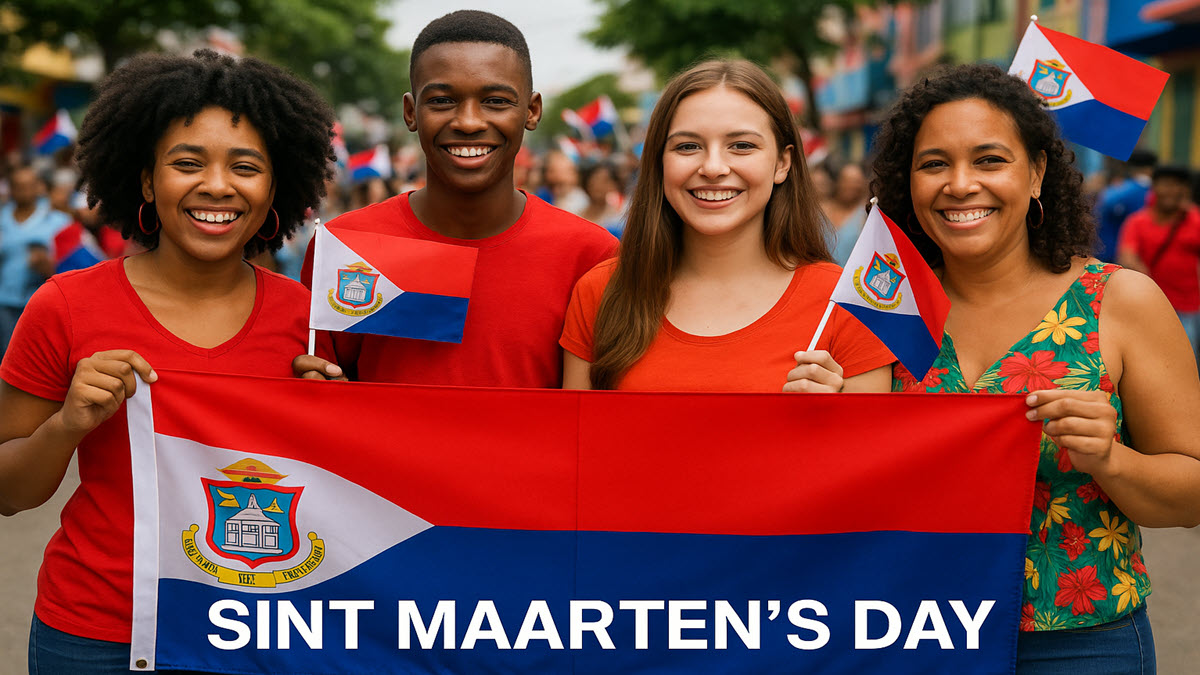
Sint Maarten's Day
Sint Maarten’s Day commemorates both the naming of the island by Columbus in 1493 and honors Saint Martin of Tours. Today, it is a public holiday of unity, jointly celebrated by French Saint-Martin and Dutch Sint Maarten with ceremonies, cultural festivities, and community pride.
-
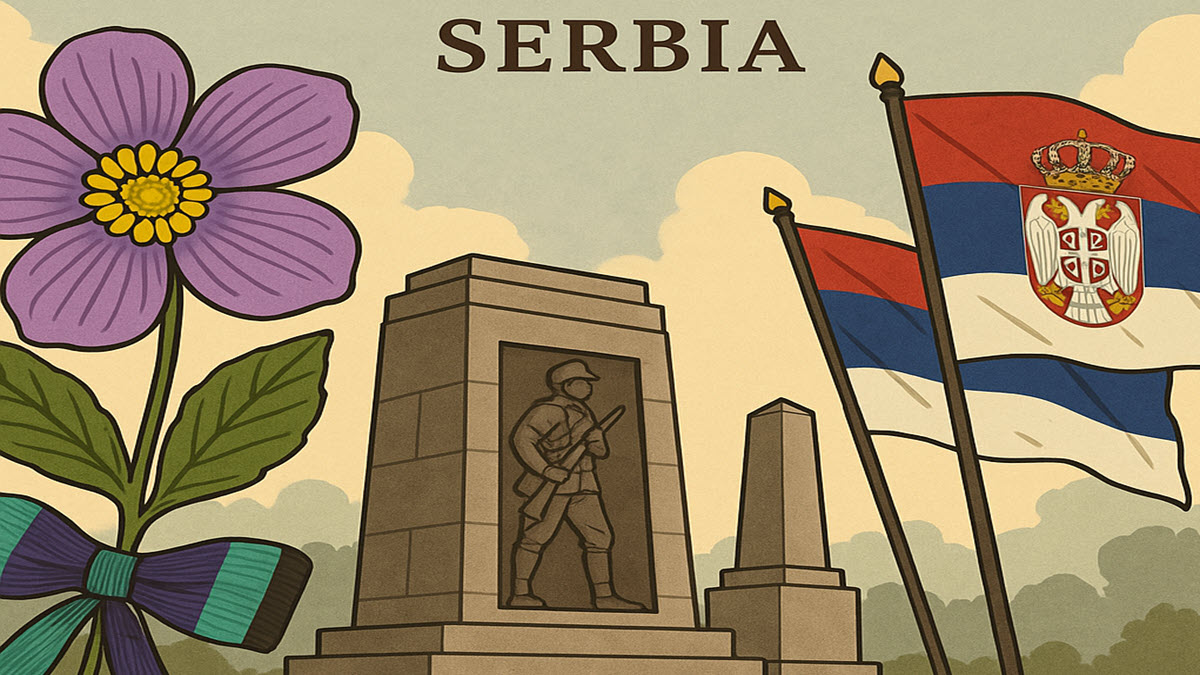
Armistice Day (Serbia)
Armistice Day in Serbia commemorates the end of World War I and honors Serbian soldiers and civilians who sacrificed their lives. It is symbolized by the Natalie’s Ramonda flower and marked by ceremonies, memorials, and national remembrance.
-
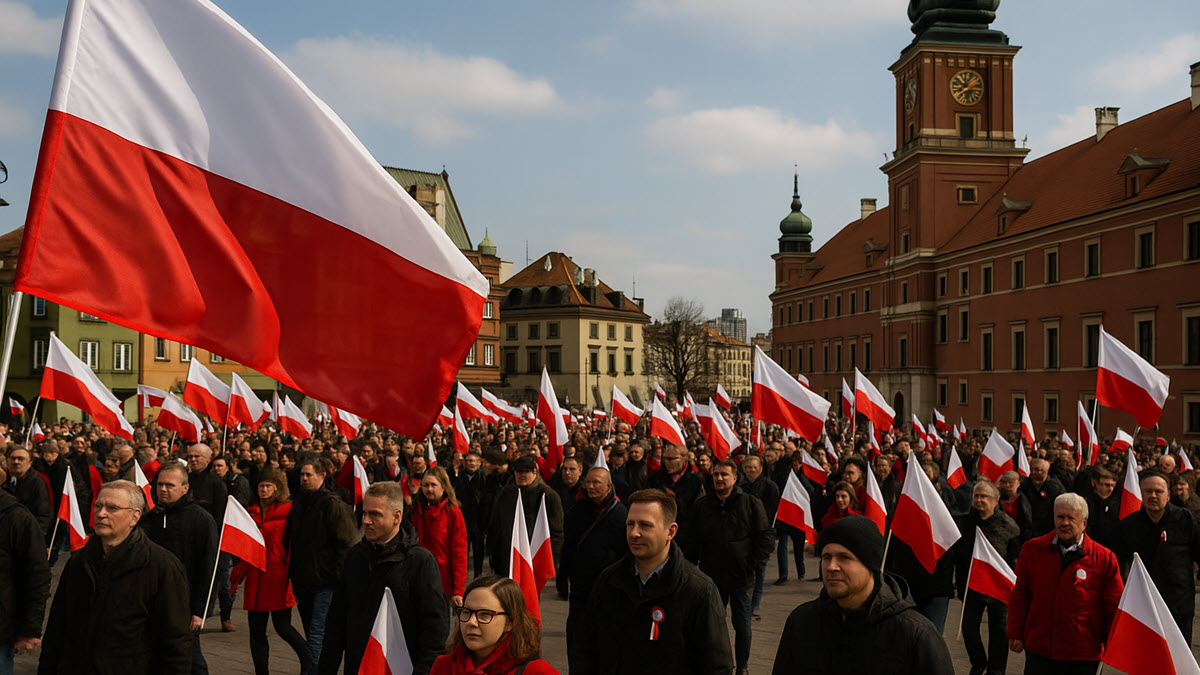
Independence Day (Poland)
Independence Day in Poland marks the country’s regaining of independence in 1918 after 123 years of partitions by Russia, Prussia, and Austria. It honors the restoration of the Polish state and the efforts of national heroes like Józef Piłsudski. It is a symbol of freedom, resilience and unity for the Polish people.
-
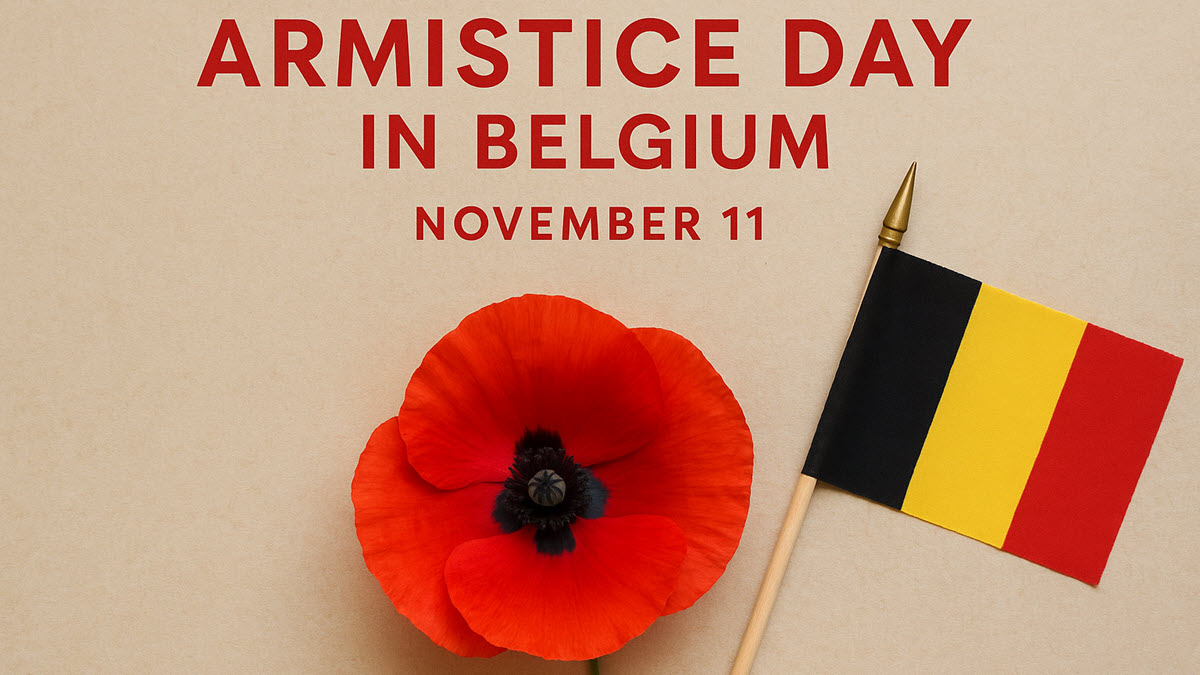
Armistice Day (Belgium)
Armistice Day in Belgium commemorates the end of World War I in 1918 and honors all those who lost their lives in the war and in subsequent conflicts. The day marks the signing of the armistice between the Allies and Germany, which brought peace after four years of devastating fighting, much of it on Belgian soil. It is a day of remembrance, gratitude and reflection on peace and the resilience of the Belgian people.
-

Canterbury Anniversary Day
Canterbury Anniversary Day commemorates the arrival of the First Four Ships in 1850 and the founding of the Canterbury Province. Though linked to December 16, it is now observed on the Show Day in November, marked by agricultural fairs, community events and a regional holiday.
-
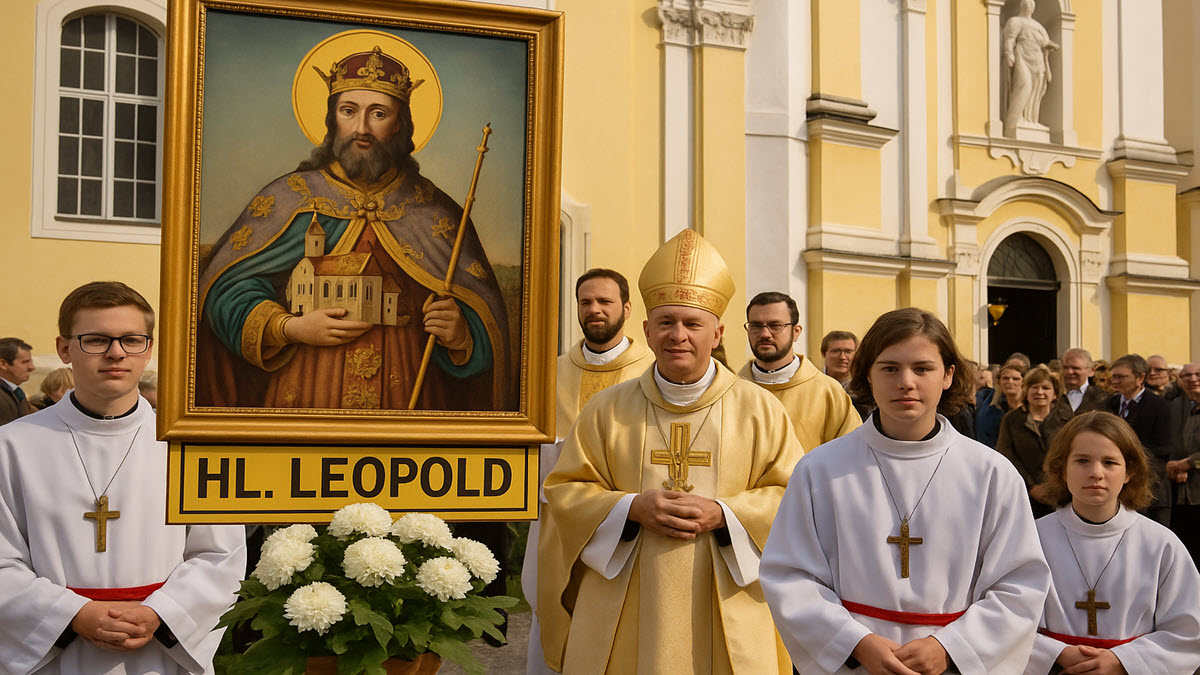
St. Leopold's Day (Austria)
St. Leopold’s Day in Lower Austria is both a religious feast and a regional celebration, reflecting centuries of devotion to the margrave who shaped Austria's early history. The day highlights Lower Austria’s pride in its patron saint and keeps alive traditions that date back to the Middle Ages.
-
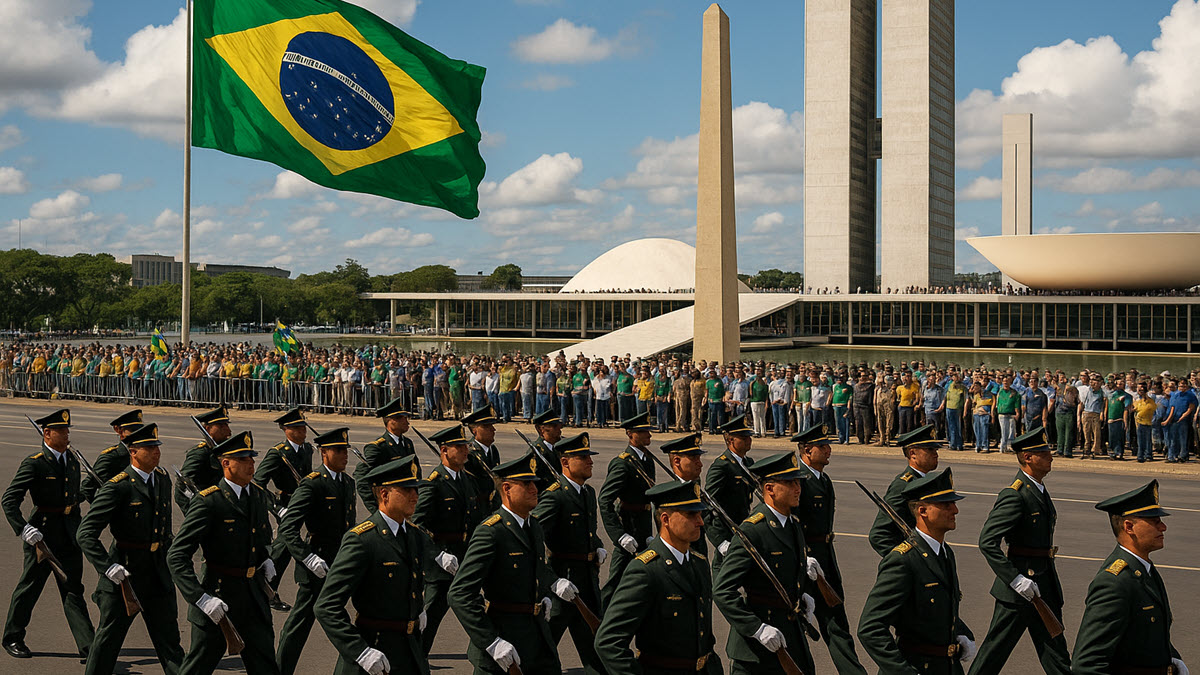
Republic Day (Brazil)
Republic Day in Brazil marks the 1889 proclamation that ended the monarchy and established the Federative Republic of Brazil. The day commemorates the peaceful military movement led by Marshal Deodoro da Fonseca, which ushered in a new era of republican governance. It is observed with civic ceremonies, parades, and educational events, honoring Brazil’s transition to a modern state grounded in citizenship, democracy, and national identity.
12 events found.